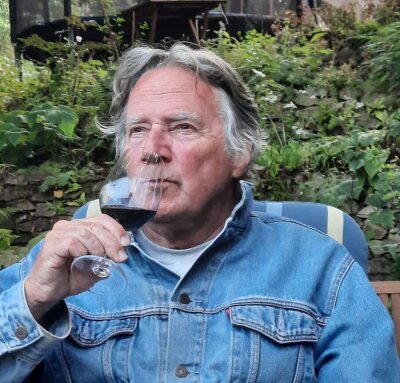
E-mail:
cfg.lorenz@gmail.com
Telefonnummer:
0176 40783912
Funktion:
International Research Fellow
Forschungsschwerpunkte (Auswahl):
Beruflicher Werdegang:
Chris Lorenz ist ein niederländischer Geschichtstheoretiker /Historiographiehistoriker, der Soziologie, Anthropologie und Philosophie an der Universiteit van Amsterdam studiert hat und sich dort in 1987 in die Philosophie promovierte bei Theo de Boer und Frank Ankersmit (RUG). Nach kurzer Zeit als wissenschaftlicher Mitarbeiter ‚Theoretische Soziologie‘ an der Universität Leiden gelehrt zu haben (1976-1978) wechselte er im Jahr 1978 als Mitarbeiter ‚Theorie der Geschichte‘ über zur Abteilung Geschichtswissenschaft an der Vrije Universiteit Amsterdam, wo er bis 2015 lehrte und forschte. Zwischen 1989 und 2004 war er in Teilzeit daneben als Professor für Philosophie der Geschichte an die Abteilung Geschichtswissenschaft in Leiden aktiv und zwischen 2010 en 2013 lehrte er auch am Amsterdam University College (2010 – 2013). In 1995 wurde er mit einem Alexander von Humboldt Forschungspreis für die Geisteswissenschaften ausgezeichnet. Seit 2015 ist er als ‚international research fellow‘ mit dem ISB in Bochum verbunden.
Forschungsprojekte (Auswahl):
Weitere Informationen:
https://www.uni-heidelberg.de/fakultaeten/philosophie/zegk/histsem/forschung/project_aggressor_en.html